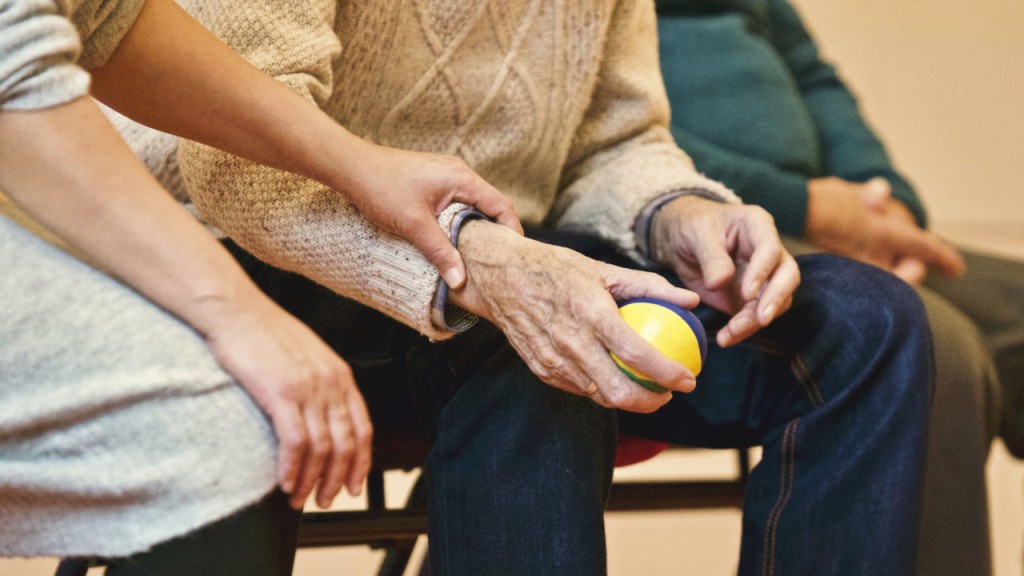
Caring for someone with dementia is a life-changing responsibility. Whether you choose to be the primary carer or part of a wider team, dementia is a condition that will require a lot of love, compassion and patience. Planning ahead can help your family be prepared for the challenges and rewards that are in the future. Here are some practical areas to keep in mind.
Nutrition
Eating and drinking needs to be carefully monitored, even if they are in an aged care home, because people with dementia can forget to eat and can also have problems with swallowing. If you have checked with a doctor that there isn’t a treatable reason behind a lack of appetite (such as dental pain or depression), try offering smaller meals regularly, preferably made of familiar foods. In later stages you may need to demonstrate chewing and consider nutritional supplements. Don’t forget to offer lots of liquids, especially in hot weather.
Hygiene
People with dementia often lose interest in caring for themselves, especially in the area of basic hygiene. Choose a time when they are calm and create a relaxing, soothing environment with everything laid out and simple instructions. People with dementia might have fears that you can help provide a solution to; for example, a fear of falling might need a sturdy shower seat with a handheld shower head.
Continence
Losing control of the bladder/bowel commonly occurs in dementia, and it’s important to maintain as much privacy and dignity as possible. Make going to the toilet as easy as possible, with clear lighting at night and bathroom installations to help them get on and off, and clothing that is easy to fasten and unfasten. People often fall into patterns of when they use the toilet and give non-verbal cues for when they need to go, so you can use those patterns to help suggest they go to the toilet. Continence pads and aids are available if necessary.
Support
As a carer of someone with dementia, it is more important than ever that you look after your own basic needs, as well as theirs. You don’t have to do it alone. Get financial, emotional and physical assistance wherever possible. A National Dementia Helpline is available on 1800 100 500 if you need information. Other groups include Alzheimer’s Australia, Dementia Behaviour Management Advisory Service, and the Commonwealth Home Support Programme.
Your GP can provide further information about support networks available to provide care for your loved one. When caring for someone with dementia, and especially when looking after their practical needs, it’s a good idea to establish an ongoing relationship with a GP so that you can work together to address health concerns as they come up. A good support network and lots of information goes a log way to ease the challenges of caring for a loved one with dementia.
Click here if you would like to book in to see a GP to discuss dementia –>
